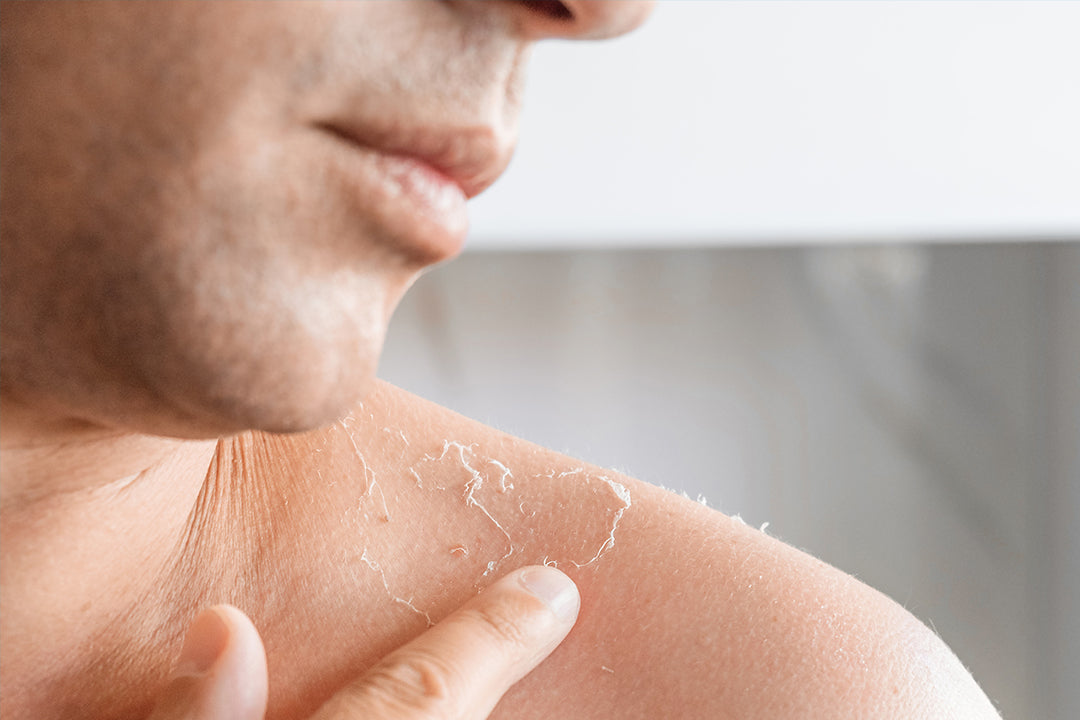When it comes to your skincare routine, there are two essential products that you need: moisturizer and sunscreen. But the question arises, what comes first? Should you apply your moisturizer before your sunscreen or vice versa? In this article, we will delve into this debate and help you make an informed decision about the order of application for these crucial products.
The Importance of Moisturizer
Moisturizer plays a vital role in keeping your skin hydrated and nourished. It helps to replenish the moisture that is lost throughout the day, preventing dryness and promoting a healthy complexion. Additionally, moisturizers often contain ingredients that can improve the texture and appearance of your skin, such as hyaluronic acid, ceramides, and antioxidants.
The Significance of Sunscreen
On the other hand, sunscreen is essential for protecting your skin from the harmful effects of the sun's UV rays. Prolonged exposure to the sun can lead to sunburns, premature aging, and even skin cancer. Sunscreens contain ingredients that act as a shield, reflecting or absorbing the UV rays to prevent damage to the skin.
So, What Comes First?
The answer to this question depends on the type of sunscreen you are using. If you are using a chemical sunscreen, it is recommended to apply your moisturizer first. Chemical sunscreens work by absorbing the UV rays and converting them into heat, so they need to be applied directly onto the skin to be effective. By applying moisturizer first, you create a barrier between the sunscreen and your skin, allowing the sunscreen to penetrate and provide the desired protection.
On the other hand, if you are using a physical sunscreen, which contains active mineral ingredients like zinc oxide or titanium dioxide, it is best to apply the sunscreen first. Physical sunscreens work by sitting on top of the skin and reflecting the UV rays away. Applying moisturizer after the sunscreen may disrupt the protective barrier created by the sunscreen, reducing its effectiveness.
Factors to Consider
When deciding whether to apply moisturizer or sunscreen first, there are a few factors to keep in mind:
- Skin Type: Consider your skin type and its specific needs. If you have dry skin, applying moisturizer first can help lock in moisture and prevent further dehydration. If you have oily or acne-prone skin, applying sunscreen first may be more beneficial to avoid clogging pores.
- Product Formulation: Pay attention to the consistency and texture of your moisturizer and sunscreen. If your moisturizer is thicker and heavier, it may be more effective when applied first. If your sunscreen is lightweight and easily absorbed into the skin, applying it before moisturizer may be the better option.
- Personal Preference: Ultimately, the decision of what comes first should be based on your personal preference and what works best for your skin. Experiment with different methods to see which one gives you the desired results.
Recommended Products
While we cannot mention specific brands or products, we can provide some general recommendations for moisturizers and sunscreens:
- Look for moisturizers that are suitable for your skin type and contain beneficial ingredients like hyaluronic acid, ceramides, and antioxidants.
- Choose sunscreens with broad-spectrum protection (UVA and UVB) and an SPF of 30 or higher. Physical sunscreens with zinc oxide or titanium dioxide are often recommended for their effectiveness and compatibility with sensitive skin.
Takeaways
Moisturizer and sunscreen are both essential components of your skincare routine. The order of application depends on the type of sunscreen you are using, your skin type, and personal preference. Remember to choose products that are suitable for your skin and provide the necessary protection and hydration. By incorporating these two products into your daily skincare routine, you can maintain healthy, nourished skin while safeguarding it from the sun's harmful rays.








